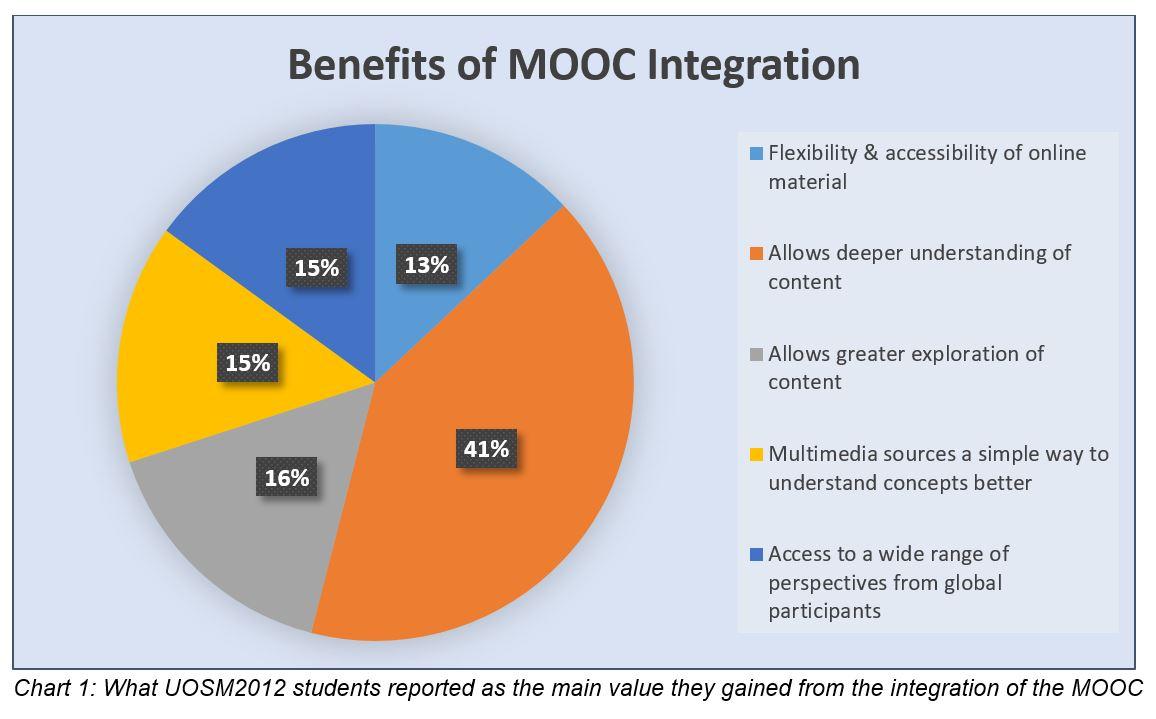How MOOCs Are Transforming Lifelong Learning: Benefits and Impact Explained
In today’s rapidly evolving world, the need for lifelong learning has never been more pressing. As industries change and new technologies emerge, staying updated with relevant skills is vital.Enter Massive Open Online Courses (MOOCs) — a groundbreaking innovation in online education. But how exactly are MOOCs transforming lifelong learning? In this guide, we’ll dive deep into what MOOCs are, their key benefits, ways they’re reshaping education, and practical tips on how you can leverage them for personal and professional growth.
What Are MOOCs? A Brief Overview
MOOCs,or Massive open Online Courses,are online courses offered by universities,colleges,and industry leaders. Designed to be accessible to anyone with an internet connection, MOOCs cover a vast range of topics, from data science to art history. Unlike traditional courses, MOOCs often feature video lectures, interactive assignments, peer-to-peer forums, and digital certificates.
- Massive – Open to thousands, even millions, of learners worldwide
- Open – Generally free or affordable, with open access to materials
- Online – Fully accessible via the Internet, with flexible schedules
- Courses – Structured learning modules developed by educational experts
Popular MOOC platforms include Coursera, edX, Udacity, and FutureLearn.
The Benefits of MOOCs in Lifelong Learning
moocs are drastically changing the landscape of continuous education. Why are they so significant in the context of lifelong learning? Let’s look at the core benefits:
1. Accessibility and Flexibility
- Anytime, anywhere learning: Access course material 24/7 from anywhere in the world—perfect for working professionals, parents, and busy adults.
- Self-paced learning: Consume content at your own speed,making lifelong learning feasible for every schedule.
2. Affordable and Often Free
- Low or no cost: Many MOOCs are free to audit, with optional paid certificates. This democratizes education for all income groups.
- No commuting costs: Save money on travel and accommodation, typically associated with in-person courses.
3. Diverse course Offerings
- Wide variety: Whether you’re interested in Python programming or Vincent van Gogh’s art,there’s likely a MOOC for it.
- Multidisciplinary learning: Combine courses across fields, allowing for an interdisciplinary approach to knowledge.
4. Career Advancement Opportunities
- Industry-recognized certificates: Many MOOCs offer verified certificates that are valued by employers.
- in-demand skills: Stay up-to-date with the latest trends and technologies relevant to your career.
- Global networking: Learn alongside peers from around the world and engage with industry professionals.
5. Personalization and Adaptive Learning
- Customizable learning paths: Choose your own learning journey based on interests and career goals.
- Adaptive content: some MOOC platforms adjust content to suit your learning pace and progress.
Impact of MOOCs on Lifelong Learning: Real-World Transformations
Let’s explore the profound impact MOOCs are having on individuals and society:
Making Higher Education More Inclusive
MOOCs break down geographical and socioeconomic barriers. Students from underserved communities can now access world-class education, leveling the playing field. For example, a student in rural India can take computer science courses from MIT via edX, gaining skills once out of reach.
Upskilling and Reskilling the Workforce
In a fast-changing job market, workers need to upskill or reskill regularly. MOOCs cater to this by offering career-focused programs in emerging fields such as data analysis, cloud computing, or digital marketing.Many employers now encourage staff to enroll in MOOCs for professional progress.
Fostering a Culture of Lifelong Learning
MOOCs are making continuous education mainstream. With their ease of access and affordability, adults of all ages are now more likely to learn for personal growth, intellectual curiosity, or career advancement.
Driving Innovation in Teaching and Learning
Educators leverage MOOC data to experiment with new teaching methods, such as blended learning and peer assessment. As MOOCs collect learner feedback, courses continuously evolve to enhance engagement and results.
Case Studies: Success Stories with MOOCs
Case Study 1: Career Transformation Through MOOCs
Maria, an administrative assistant from Brazil, enrolled in a Google IT Support Professional certificate via Coursera. With no prior tech experience, she completed the MOOC in six months and landed an entry-level IT job. today, she continues to use MOOCs to climb her career ladder, studying cybersecurity and network management.
Case Study 2: Empowering Remote Communities
In Kenya, an NGO partnered with edX to provide solar-powered mobile stations where young adults could take MOOCs. Completion rates exceeded 70%, with many learners becoming local leaders in entrepreneurship and education.
Practical Tips for Maximizing MOOCs for Lifelong Learning
- Set clear learning goals: Define what skills or knowledge you want to acquire before starting a MOOC.
- Create a study plan: Allocate regular time slots each week for learning, even if it’s just an hour a day.
- Engage with the learning community: Participate in forums and discussion groups for collaborative learning.
- Apply what you learn: Use new skills in personal projects, at work, or volunteer opportunities.
- Seek feedback: Share assignments and receive constructive criticism from peers and mentors.
- Earn verifiable certificates: Add them to your LinkedIn profile or resume to showcase your commitment to lifelong learning.
Challenges and How to Overcome Them
While MOOCs are revolutionary, learners may face:
- High dropout rates – Mitigate this by setting realistic goals and scheduling regular check-ins with yourself.
- Lack of accreditation – Choose MOOCs partnered with leading institutions or industry leaders for credible certification.
- Information overload – Focus on one course at a time and avoid spreading yourself too thin.
Conclusion: Embracing the MOOC Revolution in Lifelong Learning
The rise of MOOCs has democratized access to quality education and is fundamentally transforming lifelong learning. whether you’re seeking to advance your career, pursue a new passion, or simply keep your mind sharp, moocs offer an array of opportunities—accessible, affordable, and tailored to individual goals. As technology continues to evolve, embracing online learning platforms will ensure that education is a lifelong journey, not just a destination.
Ready to start your MOOC journey? Explore platforms like Coursera, edX, and Udemy to discover courses that match your interests and aspirations!

